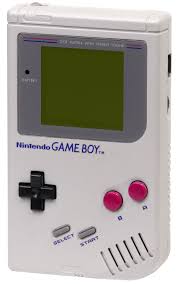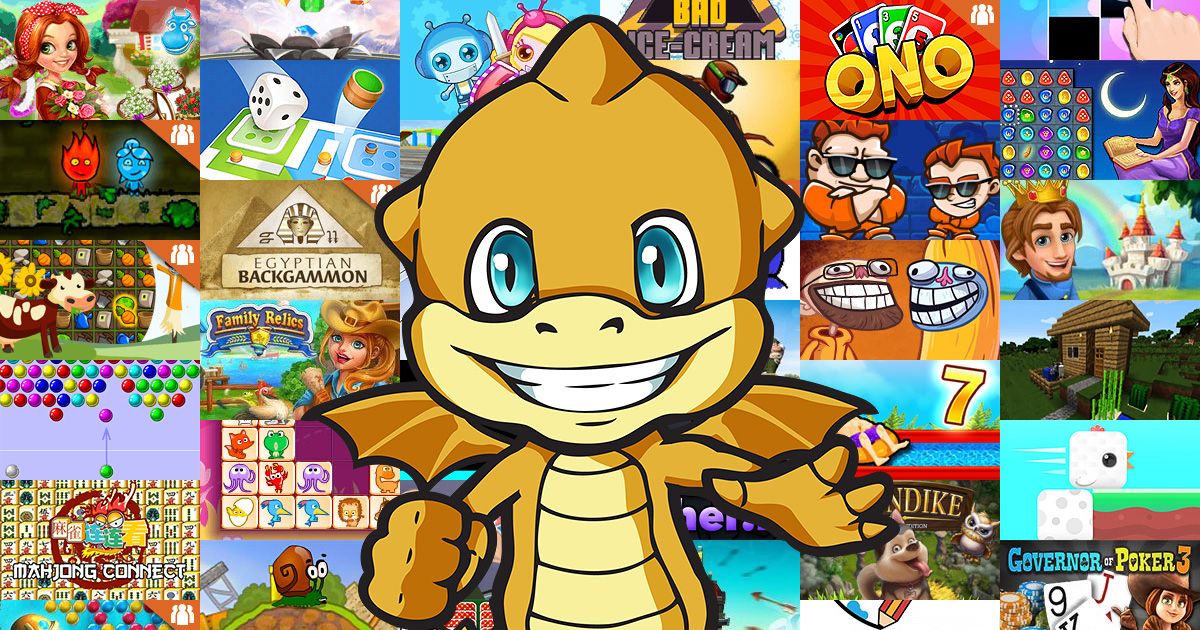
Introduction
The Nintendo Game Boy, released in 1989, revolutionised portable gaming and left an indelible mark on the industry. As one of the first handheld consoles, it introduced millions to gaming on the go and established Nintendo as a cornerstone of the video game market. This article explores the significance of the Game Boy, its historical context, and its lasting influence on the gaming landscape.
The Rise of the Game Boy
When the Game Boy launched, it was an instant success thanks to its unique design, portability, and accessible gameplay. With a simplistic screen and a strong lineup of titles, including the iconic “Tetris,” the Game Boy quickly became a household name. By the end of its production run in 2003, over 118 million units had been sold worldwide, making it one of the highest-selling consoles of all time.
Impact on the Gaming Industry
The Game Boy’s success reshaped the gaming world in several ways. It not only popularised handheld gaming but also showcased the potential for video games to capture a broad audience. This prompted other companies, such as Sega and Atari, to develop their own handheld devices, leading to an explosion of the market. The introduction of a vast library of games across multiple genres also set the stage for the rich game ecosystem we see today.
Evolving with Technology
The Game Boy paved the way for future iterations, leading to upgrades such as the Game Boy Color and Game Boy Advance. These successors maintained the portable charm while enhancing the gaming experience with colour graphics and expanded gameplay features. Each advancement demonstrated Nintendo’s commitment to evolving technology while staying true to core gameplay experiences that appealed to both new players and seasoned veterans.
Modern-Day Relevance
Even decades later, the Game Boy remains influential in today’s gaming culture. Many indie game developers cite the system as a primary inspiration for their work, embracing the retro aesthetic and gameplay styles that characterised early handheld gaming. Additionally, the emergence of retro-themed remakes and ports demonstrates the enduring love for Game Boy classics, with titles like “Tetris” and “Pokemon” still captivating audiences.
Conclusion
The Nintendo Game Boy holds a significant place in gaming history, representing a leap in how and where people consume entertainment. As we continue to explore the evolving realm of video games, the foundations laid by the Game Boy remind us of the artistry and innovation at the heart of the industry. With an ongoing revival of retro gaming, it’s clear that the legacy of the Game Boy will endure for generations to come.
You may also like

The Enduring Legacy of Silent Hill in Horror Gaming

The Evolution of Games: Trends and Future in 2023
